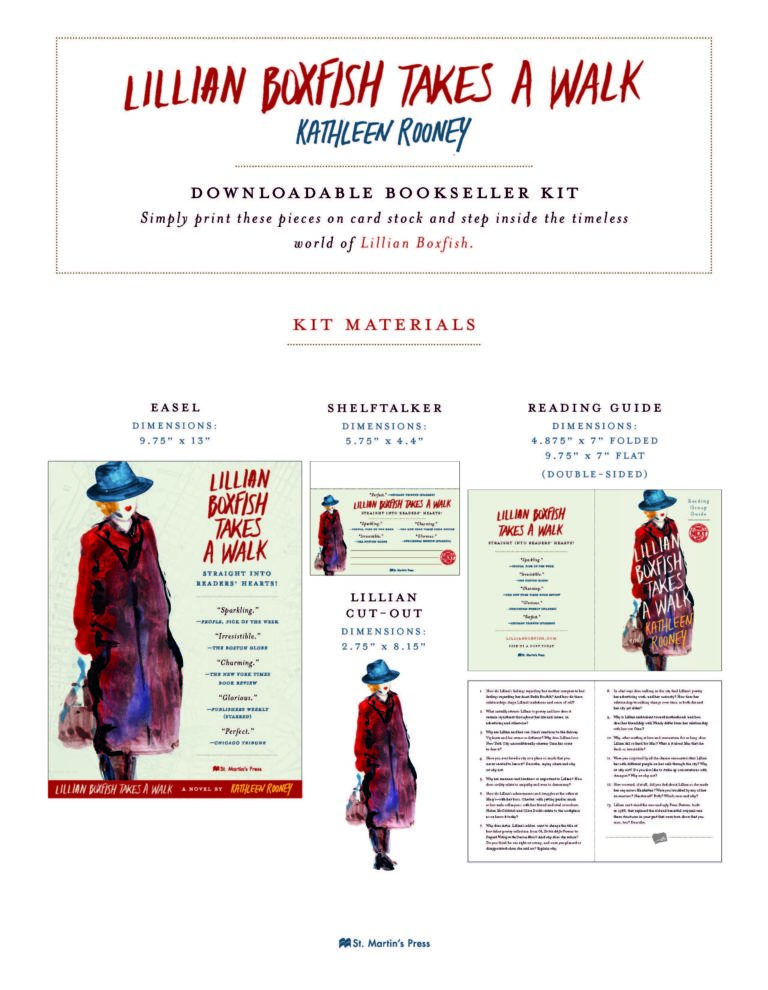


Why, after scoffing at love and convention for so long, does Lillian fall so hard for Max? What is it about Max that she finds so irresistible?ġ1. Why is Lillian ambivalent toward motherhood, and how does her friendship with Wendy differ from her relationship with her son Gian?ġ0.

In what ways does walking in the city feed Lillian’s poetry, her advertising work, and her curiosity? How does her relationship to walking change over time, as both she and her city get older?ĩ. Why does Artie, Lillian’s editor, want to change the title of her debut poetry collection from "Oh, Do Not Ask for Promises" to "Frequent Wishing on the Gracious Moon"? And why does she refuse? Do you think he was right or wrong, and were you pleased or disappointed when she said no? Explain why.Ĩ. How do Lillian’s achievements and struggles at the office at Macy’s-with her boss, Chester with getting paid as much as her male colleagues with her friend and rival coworkers, Helen McGoldrick and Olive Dodd-relate to the workplace as we know it today?ħ. Why are manners and kindness so important to Lillian? How does civility relate to empathy and even to democracy?Ħ. Have you ever loved a city or a place so much that you never wanted to leave it? Describe, saying where and why, or why not.ĥ. Why are Lillian and her son Gian’s reactions to the Subway Vigilante and his crime so different? Why does Lillian love New York City unconditionally whereas Gian has come to fear it?Ĥ. What initially attracts Lillian to poetry and how does it remain significant throughout her life and career, in advertising and otherwise?ģ. How do Lillian’s feelings regarding her mother compare to her feelings regarding her Aunt Sadie Boxfish? And how do these relationships shapeLillian’s ambitions and sense of self?Ģ.


 0 kommentar(er)
0 kommentar(er)
